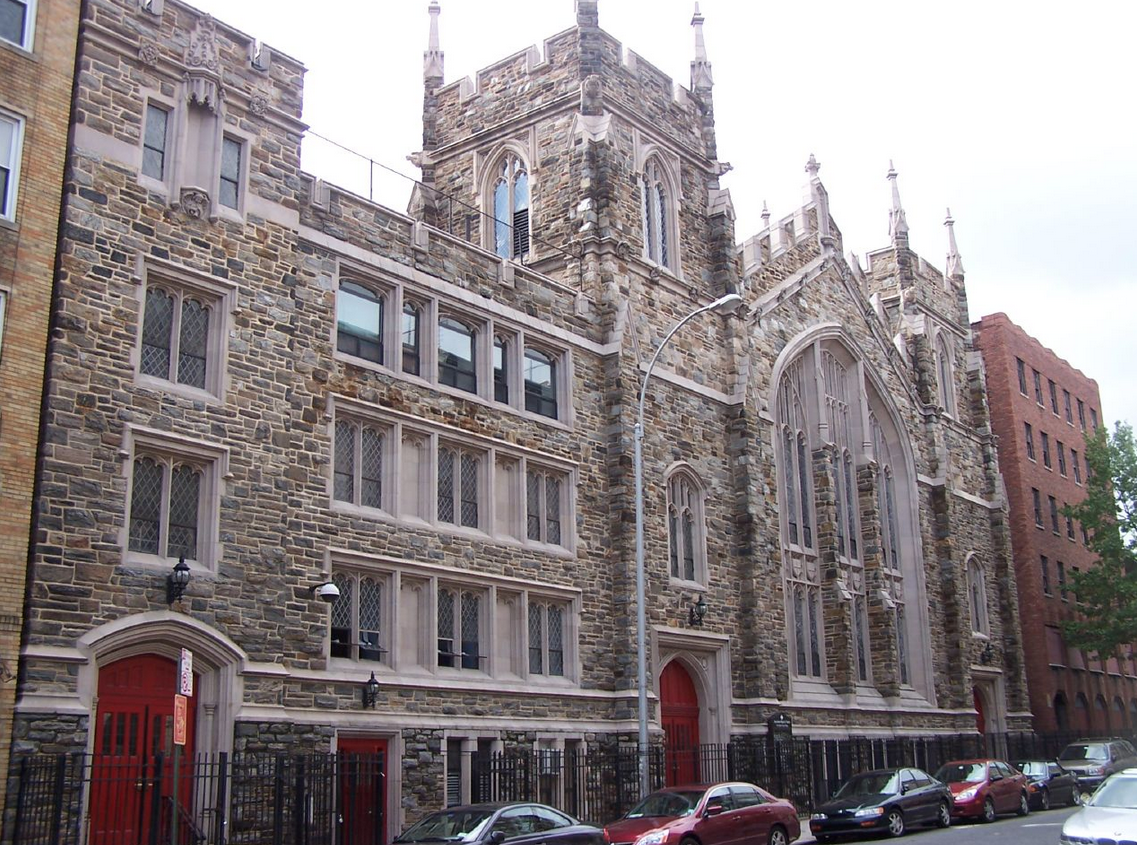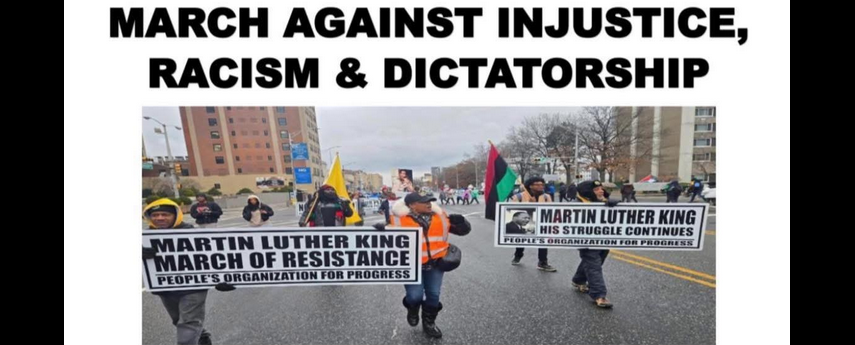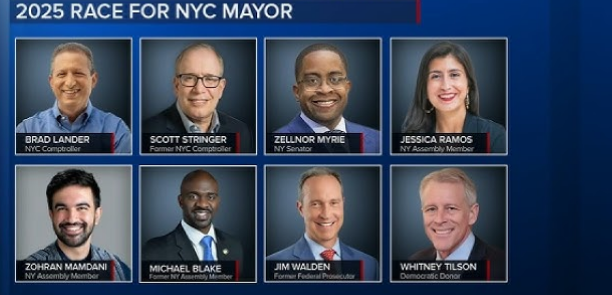In response to a new report on discriminatory auto loan markups by American Honda Finance Corporation, Bill Lann Lee, the former Assistant Attorney General for Civil Rights and a partner at Lieff Cabraser Heimann & Bernstein, has announced new measures against the company.
“We have submitted this report to the court in our pending case against Honda Finance on behalf of African American and Hispanic car buyers,â€? Lee said. “While other lenders are moving to limit dealer subjectivity in transactions, Honda’s lending policies leave unchecked the deliberate and unconscious biases of dealers. Honda Finance is out of step.”
The report, prepared by Dr. Mark Cohen of Vanderbilt University, is based on examination of records of nearly 400,000 American Honda Finance Corporation customers over the period, June 1999 to April 2003. Dr. Cohen’s study shows that Honda has subjected both its African American and Hispanic customers to systemic discrimination through uncontrolled dealer discretion in setting markups, a differential markup structure and discriminatory tier bumping.
Dr. Cohen’s report contains the following important findings:
• 43.3% of African-American Honda Finance borrowers and 34.9% of Hispanic borrowers were charged a markup, compared to only 22.2% of white borrowers.
• African-American borrowers are charged on average $1,108 compared to only $698 for whites, a difference of $410 (excluding contracts booked under special zero markup programs).
• African-American borrowers are over-represented among the borrowers charged the highest markups, which sometimes amount to thousands of dollars.
• The average markup is $858 for Hispanic borrowers, compared to $667 for white customers (excluding contracts booked under special zero markup programs).
• Honda has a unique practice in which customers from different credit tiers are charged different markups. That system makes the discrimination found in the subjective markup system worse for minority borrowers. While most new car buyers were limited to either a zero or two percentage point markup, those from the least creditworthy tier could be charged a 3.5 percentage point increase. There appears to be no business justification for this differential markup policy since differences in creditworthiness are reflected in the “buy rates.”
• Honda permits the practice of “tier bumping,” where dealers can arbitrarily assign customers a higher credit risk rating when arranging financing. Because of the credit tier pricing policy, customers who are given this higher rating are effectively subjected to two loan markups reflecting piggybacked discriminatory policies. Tier bumping also disadvantages minority borrowers.
According to Lee, “No legitimate credit reason exists for this markup, and it has a discriminatory impact on minority customers.”
Auto loan markups occur when lenders allow car dealers to mark up auto loans above the “buy rate” reflecting the actual creditworthiness of borrowers. A growing body of evidence reveals that hundreds of thousands of consumers, perhaps millions, have trusted auto finance companies and car dealers to charge them fair and reasonable rates only to then be subjected to markups that, in the past, have often exceeded five percentage points. A report, which was released by the Consumer Federation of America, the National Council of La Raza, and the Rainbow-PUSH Coalition early this year, estimated that these overcharges cost consumers at least $1 billion annually.
In response to similar litigation and requests by consumer groups, state attorneys general, and industry experts to end the markups, other auto finance companies have revised their lending practices. The class action lawsuit, Pakeman v. American Honda Finance Corporation, was filed in 2003 in Alameda County Superior Court by Lieff Cabraser Heimann & Bernstein, the Lawyers’ Committee for Civil Rights, Goldstein Demchak Baller Borgen & Dardarian and Antonio M. Lawson, of Lawson Law Offices in Oakland. In addition to the California state court lawsuit, a similar lawsuit against Honda Finance, is on file in federal court in Tennessee.
In Pakeman, the African American and Hispanic car buyers in California challenge alleged discrimination in finance charges on loans for new and used motor vehicle purchases and leases. The amended complaint alleges that American Honda Finance Corporation charges African Americans and Hispanics a higher markup than white car buyers with similar credit ratings.
A summary of the report is available at: www.consumerfed.org/hondasummary.pdf






